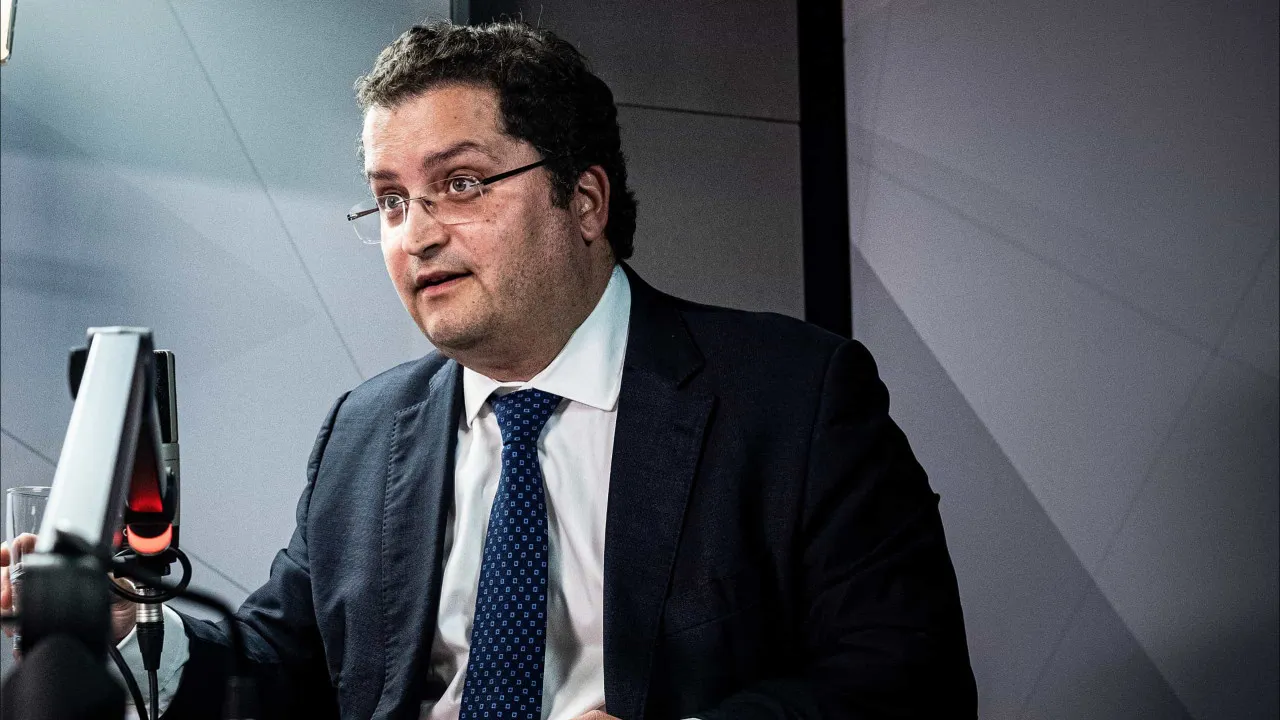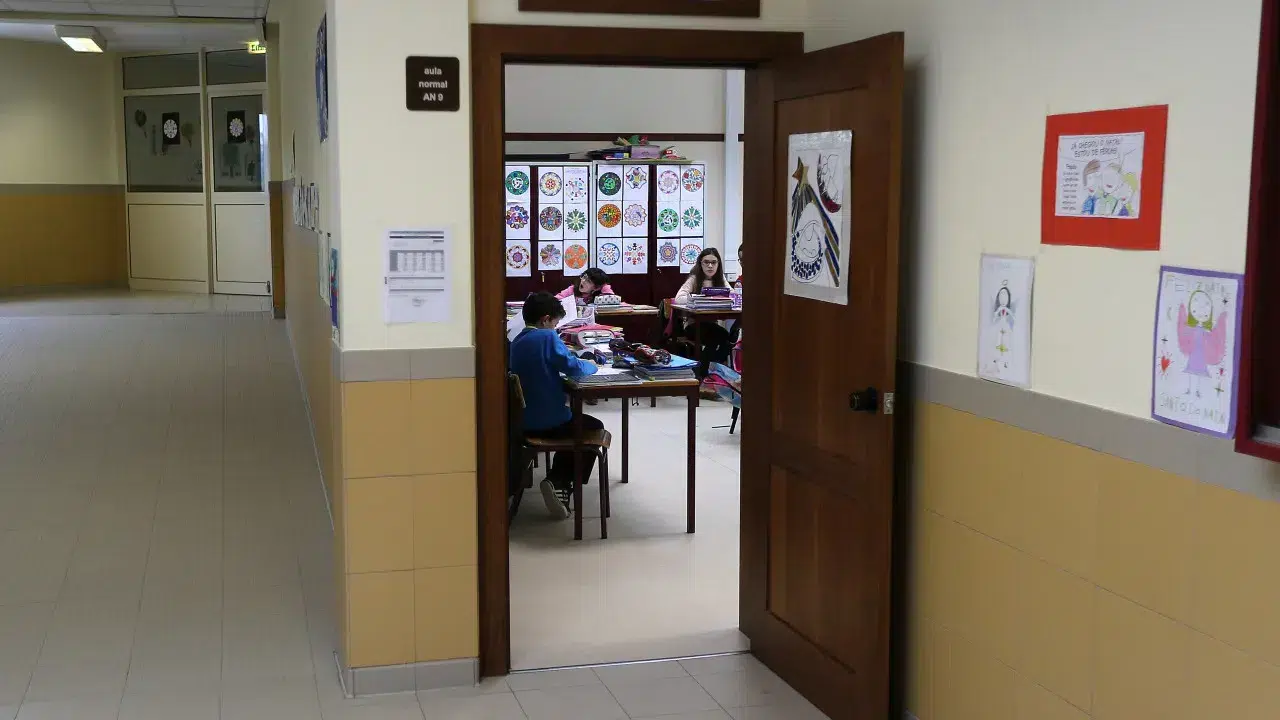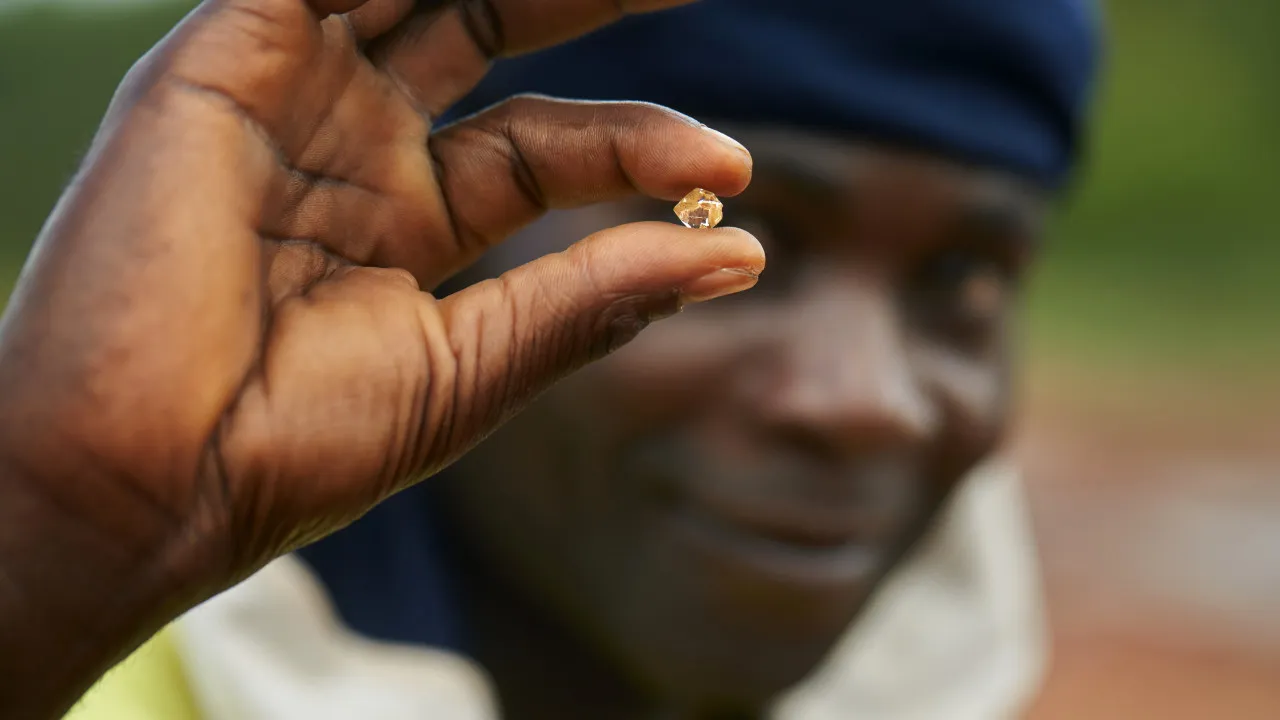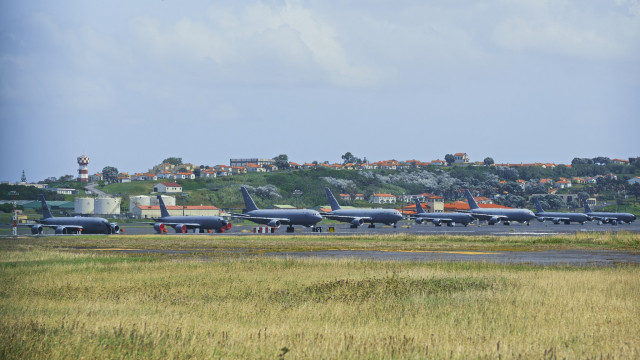
Just days before the North Atlantic Treaty Organization (NATO) summit, which will address rising geopolitical tensions in the Middle East and Ukraine and the need to increase defense spending, the government official assured “an increase in spending in the coming years” according to a plan Portugal will present at the event, aiming to reach a target of 2% of Gross Domestic Product (GDP) this year.
“We will naturally have to manage the budget more strictly to ensure three things: that we enhance our defense capabilities, maintain and improve social protection levels and our welfare state, and keep the public accounts balanced and reduce public debt,” outlined Joaquim Miranda Sarmento.
Indicating that “this management has been done and will continue,” the minister specified without elaborating that this “naturally involves being increasingly careful in the choices made.”
When asked if this involves changing the current accounting, Joaquim Miranda Sarmento stated that Portugal will follow NATO’s spending concept but will “identify if there are any expenses that currently exist in other ministries […] and that are not currently being recorded.”
“There are some GNR expenses that are already in the concept” without being accounted for, therefore “we are analyzing if it is possible to expand a set of additional expenses,” he exemplified.
Furthermore, “we will naturally increase the country’s defense capabilities in its various aspects,” promised the minister, noting that an assessment is already being conducted “cautiously and measuredly so as not to jeopardize the balance of public accounts.”
The 32 NATO allies will meet on Tuesday and Wednesday in a summit in the Dutch city of The Hague, under pressure to spend more on defense, hoping to avoid war, but preparing for the worst given the global geopolitical instability.
There is talk of a goal to allocate 3.5% of the GDP of the 32 allied countries to traditional military spending (armed forces, equipment, and training) and an additional 1.5% of GDP to dual-use infrastructure, both civilian and military (such as cybersecurity, readiness, and strategic resilience), an increase from the current 2% target.
This proposal will be presented by NATO Secretary-General, Mark Rutte, at the summit, but the percentages have not yet been finalized, and the timeline for reaching such spending, whether by 2032 or 2035, is also yet to be decided.
“We will see with the evolution […] of the summit what we can decide,” Joaquim Miranda Sarmento told Lusa.
In Portugal, the government announced it would advance the 2% defense GDP target to 2025.
In 2024, Portugal invested approximately 4.48 billion euros in defense, around 1.58% of its GDP, placing it among the NATO allies with the lowest military spending – below the 2% target – according to estimates from the government and the organization.
Portugal will be represented at the Hague summit by Prime Minister Luís Montenegro, and the Ministers of Foreign Affairs and Defense, Paulo Rangel and Nuno Melo.




